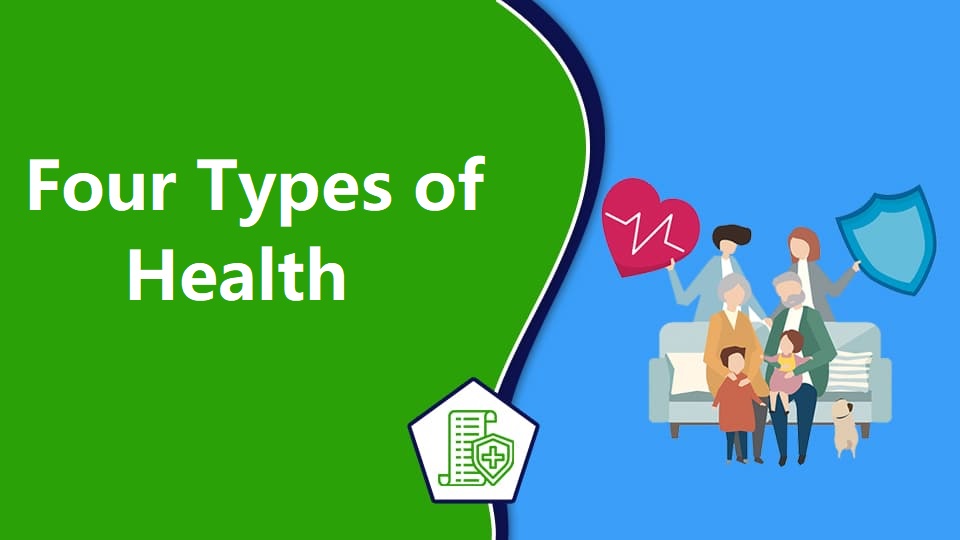Is Sea Moss Good for Fatty Liver or Liver Disease 2025

Sea moss, often called Irish moss, has gained popularity as a natural superfood packed with nutrients. Many people wonder if it can help with fatty liver, a common health issue linked to diet, lifestyle, and sometimes genetics. In this article, we’ll take a deep dive into what sea moss is, how it might support liver health, the science behind it, potential risks, and practical ways to include it in your diet. We’ll also cover FAQs and wrap up with a conclusion to help you decide whether sea moss might be worth adding to your wellness routine.
Disclaimer: This article is for informational purposes only. It should not be taken as medical advice. If you have fatty liver disease or any health condition, please consult a qualified healthcare provider before making dietary or lifestyle changes.
What is Sea Moss?
Sea moss, also known as Irish moss, is a type of red algae found along the Atlantic coasts of Europe, North America, and the Caribbean. For centuries, people have used it as a natural remedy and food thickener. It’s loaded with minerals like iodine, potassium, magnesium, and calcium, along with vitamins and antioxidants.
Think of sea moss as nature’s multivitamin. It’s not magic, but it does pack a punch when it comes to nutrient density. People usually consume it in gel form, capsules, or as a powder mixed into smoothies or teas.
Understanding Fatty Liver
Before we connect sea moss with liver health, let’s break down what fatty liver is. There are two main types:
- Alcoholic fatty liver disease (AFLD): Caused by excessive alcohol consumption.
- Non-alcoholic fatty liver disease (NAFLD): Linked to obesity, insulin resistance, high cholesterol, and poor diet.
The liver’s job is to filter toxins, process nutrients, and regulate metabolism. When fat builds up in the liver, it can interfere with its normal functions. If left unchecked, fatty liver may lead to inflammation, scarring, and even cirrhosis.
Why People Look to Sea Moss for Liver Health
Natural remedies are becoming more popular as people try to avoid heavy medications or support their bodies with food-based solutions. Sea moss stands out because:
- It’s rich in antioxidants, which may protect the liver from oxidative stress.
- It contains anti-inflammatory compounds that could reduce liver inflammation.
- It supports gut health, which indirectly benefits liver function.
- It provides essential minerals that may help with metabolic balance.
So, is sea moss a miracle cure for fatty liver? Not exactly. But it could play a supporting role when combined with a balanced lifestyle.
Nutrients in Sea Moss That May Support the Liver
Let’s look at some of the nutrients in sea moss and how they might relate to liver health:
- Iodine: Helps regulate thyroid hormones, which play a role in metabolism and energy balance. Proper metabolism reduces fat buildup in the liver.
- Potassium: Supports heart health and helps control blood pressure. Since fatty liver is often linked with metabolic syndrome, potassium can be useful.
- Magnesium: Assists in regulating blood sugar levels. Stable blood sugar means less stress on the liver.
- Antioxidants (like polyphenols): Fight oxidative stress, which is a key factor in liver damage.
- Fiber: Helps improve digestion and supports gut microbiome health. A healthy gut reduces inflammation and toxic load on the liver.
The Link Between Sea Moss and Gut Health
The gut and liver are closely connected through what’s known as the gut-liver axis. If your gut is inflamed or imbalanced, your liver often takes the hit. Sea moss contains prebiotic fiber, which helps feed healthy gut bacteria. This can lower systemic inflammation and may reduce stress on the liver.
In simpler terms, if your gut is happy, your liver tends to be happier too. Adding sea moss to your diet may help improve digestion and keep your system running more smoothly.
What the Science Says
Research on sea moss and fatty liver specifically is still limited. Most studies focus on seaweed in general, not sea moss alone. However, findings from related research suggest promising benefits:
- Anti-inflammatory effects: Seaweed compounds have been shown to lower inflammation markers in the body.
- Improved lipid metabolism: Some studies suggest seaweed can reduce cholesterol and fat buildup.
- Antioxidant protection: Seaweed antioxidants may protect liver cells from oxidative damage.
So while sea moss is not a proven cure, the evidence hints that it could be a helpful dietary addition for people with fatty liver.
How to Use Sea Moss for Fatty Liver
If you’re considering adding sea moss to your diet, here are some practical ways to use it:
- Sea moss gel: Blend soaked sea moss into a gel and add 1–2 tablespoons to smoothies, juices, or teas.
- Capsules: Convenient if you’re not a fan of the texture or taste.
- Powder: Sprinkle it into soups, oatmeal, or baked goods.
The key is moderation. Too much iodine can cause thyroid issues, so don’t go overboard. Start small and see how your body responds.
Other Lifestyle Changes for Fatty Liver
Sea moss alone won’t fix fatty liver. It works best as part of a bigger lifestyle plan. Here are some evidence-based steps to support liver health:
- Eat a balanced diet with plenty of fruits, vegetables, and lean protein.
- Cut down on processed foods, sugar, and alcohol.
- Exercise regularly to help reduce fat buildup.
- Stay hydrated and get enough sleep.
- Manage stress, since it affects hormones and inflammation.
Think of sea moss as a helper, not the hero. The real heroes are consistent, healthy choices.
Potential Risks and Side Effects of Sea Moss
Like any supplement, sea moss has its risks:
- Excess iodine: Can cause thyroid problems if consumed in large amounts.
- Digestive issues: Some people experience bloating or stomach upset.
- Contamination: Poor-quality sea moss may contain heavy metals or pollutants from the ocean.
To stay safe, buy from reputable sources and stick to recommended servings.
FAQs About Sea Moss and Fatty Liver
1. Can sea moss cure fatty liver?
No, sea moss cannot cure fatty liver. It may support liver health, but should be paired with lifestyle changes and medical guidance.
2. How much sea moss should I take daily for liver health?
Most people take 1–2 tablespoons of gel per day or follow the dosage on supplement labels. Always start small.
3. Is sea moss safe for everyone?
Not always. Pregnant women, people with thyroid disorders, or those on medication should consult a doctor first.
4. Can sea moss detox the liver?
The liver naturally detoxes itself. Sea moss may support this process with its nutrients, but it doesn’t act as a detox in the way many people assume.
5. How long does it take to see results?
It depends on diet, lifestyle, and overall health. Sea moss is not a quick fix but may contribute to gradual improvement.
6. Is raw sea moss better than capsules?
Raw sea moss may retain more nutrients, but capsules are convenient and reduce the risk of contamination if sourced properly.
Conclusion
So, is sea moss good for fatty liver? The answer is that it can be a helpful addition to a liver-friendly lifestyle, but it’s not a cure. Its antioxidants, minerals, and gut-supporting properties may ease some of the stress on your liver. That said, the real foundation for improving fatty liver lies in eating well, staying active, and making consistent healthy choices.
If you decide to try sea moss, think of it as one tool in your toolbox, not the whole toolbox. Pair it with a balanced diet, regular exercise, and medical guidance, and you’ll give your liver the best shot at healing and staying healthy.



